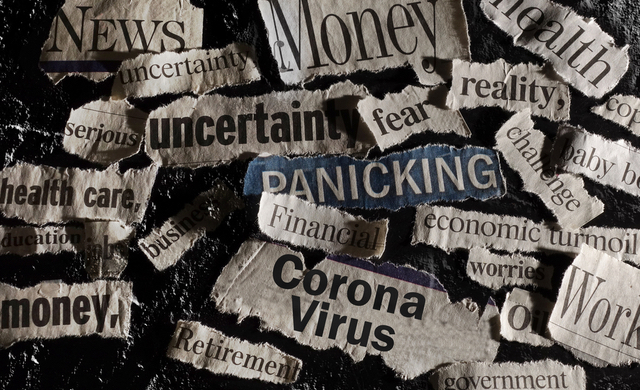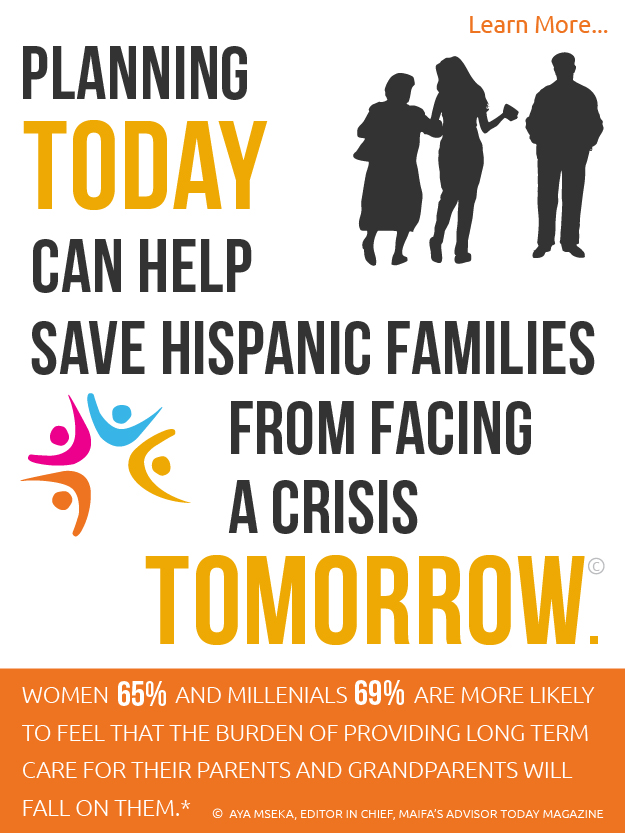
Reflections on Mental Health Month: People Like to Be Heard
05/31/2020 06:00AM | 3183 viewsEach May as we enter a new Mental Health Month, I think about people. Talking about mental health and mental illness is not abstract to me. I think of family members, friends and patients. I think both of those struggling and those providing care. Yet my focus for many years has been to think about what is universal. I reflect on people impacted by depression and those enduring hard lives depression-free.
This year I think about the words of a friend who, like me, is a psychologist. We were talking about his ongoing work as a therapist and researcher. One question that research never quite answers is why therapy is so powerful. He offered a throwaway line that stuck with me for its simplicity and wisdom. “People,” he said, “like to be heard.” Let us not forget this month our gratitude for those who listen.
Caregiving is as universal as having painful thoughts and feelings. Most people who care never think of themselves as caregivers. They listen and comfort others because that seems natural. Similarly, no one escapes emotional pain in life, even though most will never know the extremes of depression, mania or psychosis. We have universal categories of experience with extremes only a few know.
Let us hope this May that anti-stigma campaigns are soon behind us. We should be able to appreciate the range and extremes of human experience with a non-stigmatizing perspective. The healing impact of a medical view of psychiatric disorders is quite real. Yet it is a temporary respite, a bridge. Lasting comfort comes not from a disease model but from a non-judgmental view of the human condition.
This May might call to mind our universal pursuit of mental health, but it also highlights some other timeless, yet dispiriting phenomena. Humans have had periodic battles with viruses from the earliest times, and we are humbled to be sheltering at home this month as a novel virus spreads globally. This challenges the mental health of the most resilient among us.
Worse yet, we are facing multiple, cumulative demands. Our field has been coping with another deadly risk for years prior to this pandemic, namely, the opioid disaster. This man-made calamity has claimed countless lives, and our professional caretakers are exhausted from this scourge as well. The successive waves of illness and death are overwhelming the families and the staff providing support every day.
One of the lessons learned by those living with a chronic condition or caring for someone bearing that burden is to reject pity and pursue serenity. While never easy, the ability to sort those things we can change from all we cannot gets tested with prolonged and intense stress. Many people are on “the frontlines” today during the pandemic. Those on our frontlines specialize in successive marathons.
It is hard during times like these to single out specific individuals for attention or recognition. Yet the media find a never-ending array of heroes in this pandemic, and we see people defined as “essential” who have long felt taken for granted. There are moments when words of appreciation are most valued, and these fraught times for behavioral health, this Mental Health Month, may be one of those times.
Executives are asked to do many things for the staff working for them. One of the simplest and most important this month is to stop and thank them for what they do every day. We should remember both our patients and their caretakers right now because demands have never been higher. Oddly enough, similar words were probably expressed in the past. Now we have a better perspective on the extremes.
There is another uncommon aspect to this Mental Health Month. Most people cannot understand coping with unrelenting depression, unrealistic anxiety, or unusual perceptions of reality. This may still be true, but the pandemic has pushed everyone to heightened insecurity and disturbed emotions. More unusual than the intensity of these experiences may be the widely shared reality of them.
This is one of the more comforting thoughts we can have during our moments of personal suffering, whatever its source may be. We are not alone. Someone else has felt that way. Someone else can understand how you feel. People like to be heard. This is a good time for taking a break in the flow of our everyday challenges. Let us remember that it is powerful to listen and to be heard.
Ed Jones, PhD, is senior vice president for the Institute for Health and Productivity Management.











Post your Comment
Please login or sign up to comment
Comments